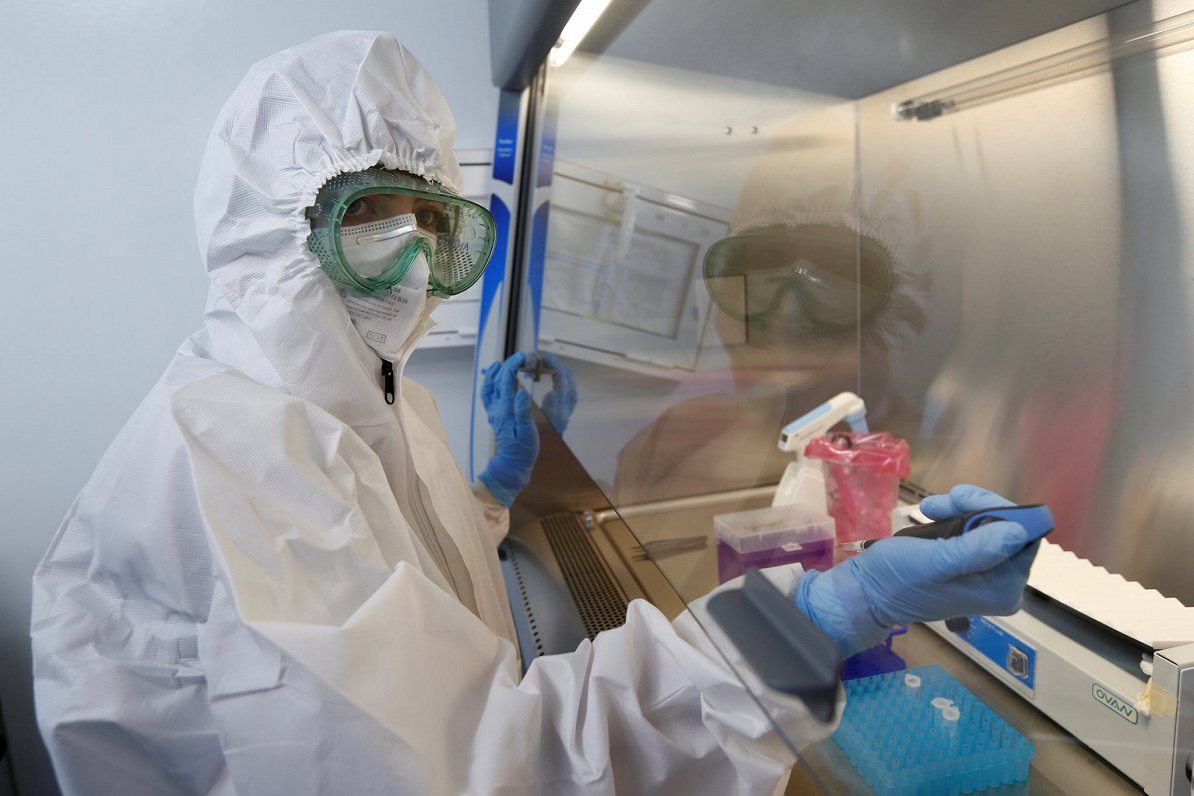The testing policy developed and approved by Health Ministry focuses on a broad, targeted and regular testing. This will ensure early detection and timely limiting of infections. This approach will increase the possibility of gradually reducing restrictive measures and increasing the availability of services while controlling the spread of the virus.
It is planned to introduce regular testing of employees in areas where there is daily contact with a large number of people, such as staff in educational establishments, employees in the field of public transport services, beauty specialists, retail workers and other groups.
Three risk groups have been established and the frequency of testing is determined according to each.
The highest risk group includes workers whose work is associated with a high risk of other people being infected, such as hospitals and social care workers, as well as police officers and teachers working on-site. The Ministry of Health recommends that these profession representatives be tested twice a week with an express test or once with a saliva test.
The second group would include, for example, retail employees and public transport drivers who should be tested once a week with an express or saliva test, while third group representatives would be tested weekly with an express or saliva test twice a week and would be employees whose work is related to the performance of critical functions, for example, for example, National Armed Forces (NBS) soldiers.
It is planned to continue improving the availability of testing throughout Latvia in order to implement regular and extensive public testing, and to expand the availability of testing, involving more general practitioners and medical staff.
Similarly, with the emergence of new strains of Covid-19, it is planned to increase the levels of sequencing, which allows continuous monitoring of virus variability or mutant detection. This is an important step in detecting and delaying the spread of new forms of virus in the community in time, said VM.
The Ministry also noted the importance of rapid and convenient information exchange and availability in the epidemiological monitoring system. An in-depth analysis of the situation by the Disease Prevention and Control Center (SPKC) involves a large amount of information and data processing. It is planned to establish a mechanism to improve the circulation of information between authorities by extending the possibility of the SPKC to access the information needed for epidemiological investigations.



























